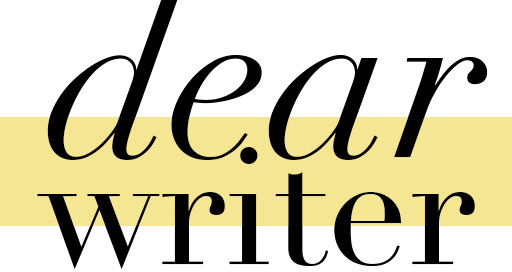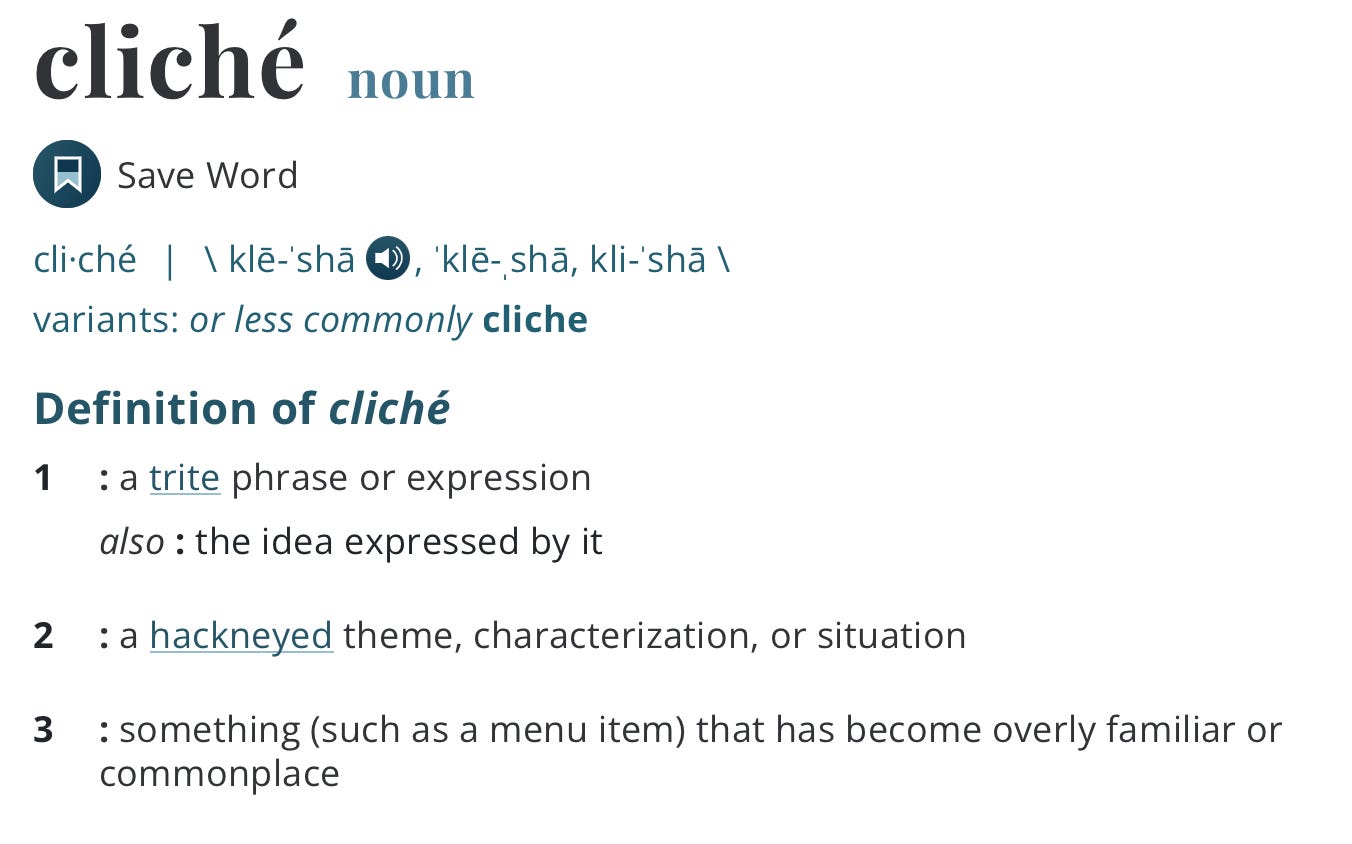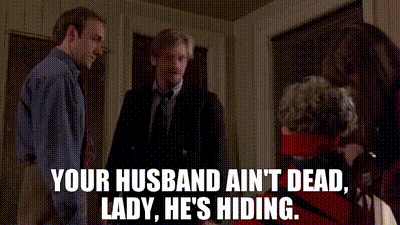THE INSPIRATION: To be bad
“All bad Literature rests upon imperfect insight, or upon imitation, which may be defined as seeing at second-hand.”
—George Henry Lewes
Perfectionism is just running from vulnerability; I’ve said that many times, and I stand by it. To be bad at something is to be the very essence of vulnerable; to be open to criticism and shaming and humiliation and pain.
Then again… being good at something doesn’t exactly protect you from any of that, either, does it? No matter what you do or how well you do it, someone is going to think that your work is shit and you are a ridiculous poser whose mother dresses you funny.
So if doing great work is no protection from abuse and scorn, then what is the value of great work, exactly? And who decides what’s great and what’s not? If someone loves it and thinks it’s wonderful, isn’t that enough?
We all strive toward excellence so much that I wonder what might happen if we loosened our death grip on Being the Best and just created stuff for the one person who might love it.
Because here is this incredibly judgmental quote from George Henry Lewes about what makes Good Literature, and the only thing I can think is… who the fuck is George Henry Lewes* and who crowned him the Arbiter of the Worthy?
Fuck the George Henry Leweses of the world, darling. Make something and if it’s bad, so be it. You made a thing, and that’s amazing, and besides… there are worse things in the world to be than bad.
*It appears he is George Eliot’s boyfriend, and something about the fact that he’s a 19th century man who was overshadowed by his girlfriend makes me like him a little bit more. Not a lot more. A little bit.
THE FAT ORANGE CAT: Failure
Whatever your character is trying to do today, let them fail. Make today a day they cannot save the world, they cannot get to work on time, they cannot open that jar of jam. Thwart your character, let them stew in their own failure a bit and see what it does to them.
Whatever it is, I bet it’ll be more interesting than success would have been.
THE TROPE: The cliché
As long as we’re talking about bad things, let’s talk about the one thing writers hate more than anything: The Cliché.
Let’s start by defining our terms, and there was something so lovely about the entire presentation on the Merriam-Webster site that I’m just going to put the screenshot right here:
One of the worst things you can say to a writer about their work is that anything in it is cliché. You could get punched right in the face.
So let’s take a moment here and embrace the cliché for a quick moment. If it’s a cliché, it’s a cliché for a reason… probably because, on some level, it’s true. And obvious and tiresome and all of that, yesokayfine. But, also, likely… true.
And truth has value, right? Maybe there is something in the cliché that is worth mining. Maybe we shouldn’t just rip the cliché out of our work by the roots, but rather examine it and think about what the value is in it.
Also, since when is it your job to be so goddamn excellent all the time? Be bad. That’s the whole point of this week on Dear Writer. Grab a cliché, play something you can dance to on the ol’ Spotify and twirl around the floor a couple of times.
Let your hair down and dance badly. It might be fun.
THE QUESTION: Getting worse
“How do I become a worse writer?”
—No One
Dear No One,
No questions came in this week, so I thought I’d just stick with the theme of relaxing the Quality Control Obsession on The Work and see what happens if we stop thinking about becoming better writers and start thinking about how we might be worse ones.
Why would you want to get worse at something? Because today is Backwards Pants Day, that’s why. We’re just experimenting with loosening the ever-tightening stays on the perfection corset and seeing what happens if we give ourselves a little room to breathe.
What if we wanted to be worse writers? What would we do? Could we even do it? What if I wrote a prologue, and not a good, defensible one; one that just spends unnecessary time living through a moment 20 years prior to the events of the story just because I want to? What if I—oh, the thought makes me dizzy—headhopped? What if I wrote a cliché and just let it be instead of instantly tearing it from my manuscript like a rampant weed?
What if I wrote a fractured tease? And again… not one of the defensible ones! My snobby, story-expert heart skips a beat—in the bad way—at the very thought, but also, part of me absolutely adores the idea of flipping off the part of me that has to do everything so goddamn right all the time.
What I’m saying is, you only live once and if you take your eye off the perfection goalpost once in a while, interesting things might happen.
What have you got to lose, really?
THE PRACTICAL: Loving the bad thing
At Christmas, Ian and I traded our favorite bad movies. He made me watch Willow. I made him watch The Ref. And it’s funny, because we both unapologetically love our movies, and we both absolutely acknowledge that they are Not Good.
Like, not so bad they round the corner and ride the momentum back to good. Just kind of mediocre. Not horrifyingly or interestingly terrible; just… not great. And the fact that Kevin Spacey is in The Ref kind of makes it worse, but that’s extra-textual, so I’m gonna let that detail slide for this discussion. I’m just saying… it didn’t help anything.
I’m not going to talk about Willow, because that’s Ian’s thing and hopefully someday he’ll talk about it. But for The Ref, showing it to someone else made me want to justify why I loved it so much, which meant I had to think about a movie that has actively resisted my acid-soaked critical gaze for all these years and… honestly…
I’m not sure why I love it so much. It’s about a family that bickers so much that they end up tormenting the criminal who kidnapped them. So that’s a funny premise. And there are some great lines.
But mostly, I think I love it because I saw it at a particular time, with a particular person, and to this day, whenever we speak, the conversation usually includes, at some point, “Sex! And drugs! And-and-and women being set on fire! What kind of Christmas is this?” and “Mary, gag your grandma.”
So, I love it. Not because it was great but because it was the right story at the right time for me and one of the most precious people in my life.
My point? Stories are magic, and magic exists on its own terms. Magic is not interested in our petty evaluations of merit. We can try to decide what’s “good” and what’s “bad” but in the end… it doesn’t matter. What matters is that the story delighted us or spoke to us or helped us process something we needed to process.
I’m going to keep teaching people how to tell better stories, because I love that work and I think it has value. But I’d like to hold this space for stories like The Ref, because story snobbery is a thief of joy, and he’s not getting the goods today.






